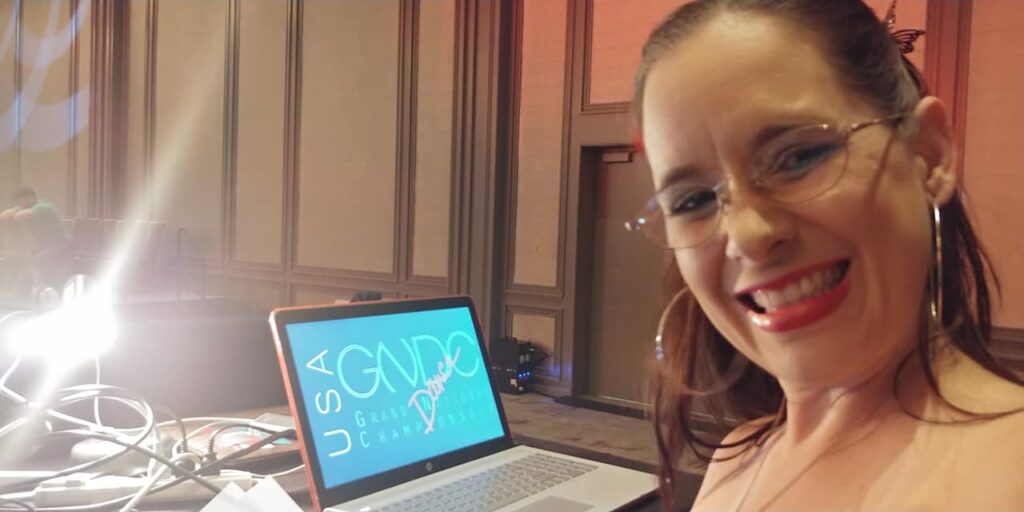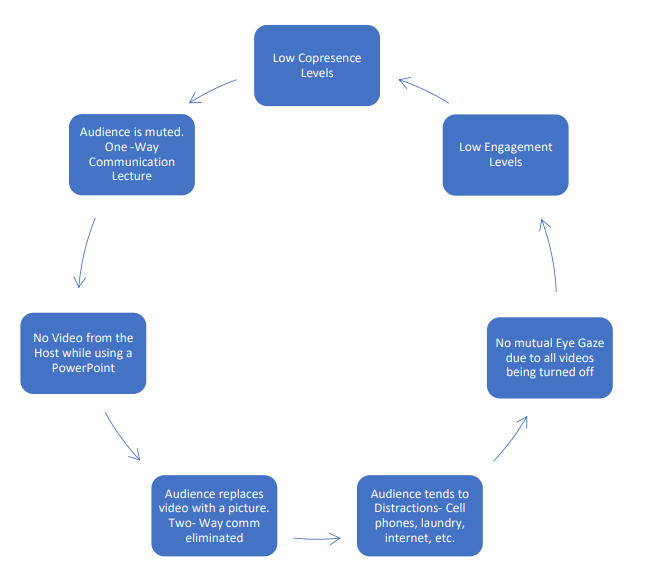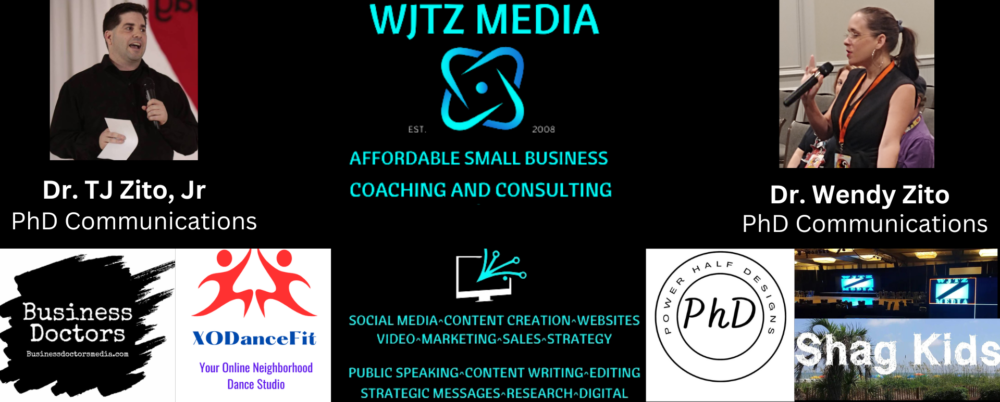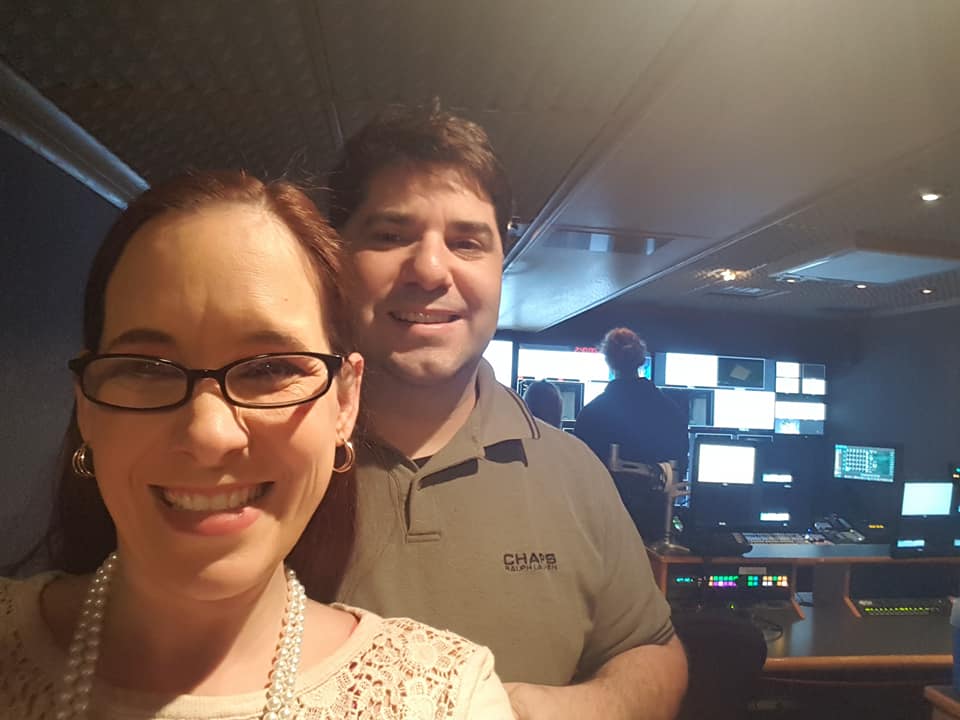Dr. TJ Zito and Dr. Wendy Zito’s dissertation studies are published on Liberty University’s Digital Commons. Scroll down to access both complete studies and for downloads.
TIKTOK CYBERBULLY RESPONSES: COMMUNICATING THE NARRATIVE
Read Dr. Wendy S. Zito’s groundbreaking Dissertation Ph.D. study on TikTok Cyberbully Responses: Communicating the Narrative. Click the link page to visit Digital Commons.
Dr. Wendy S. Zito TikTok Cyberbully Responses: Communicating the Narrative- Liberty University

ABSTRACT
This study analyzed TikTok cyberbullying response videos to understand how content
creators use verbal and nonverbal communication within their performance, creating audience
engagement and awareness for cyberbullying and social advocacy issues. This study was
conducted with 200 TikTok creator accounts analyzing communication, performance,
engagement, and analytics narrative content analysis.

Codes were separated into themes that represented the creator’s emotional responses. These responses were analyzed to learn how the audience presented the content. The combination of narrative content analysis and analytics data was used to determine the effectiveness of the creators’ ability to engage with their audience and create cyberbullying and social advocacy awareness.
The study found a connection between a TikTok content creator’s performance and
audience engagement. The content creators with successful performances convinced their
audience to engage with comments supporting anti-cyberbullying and promoting social causes.
The combination of scholarly research and new media technology allows this topic to be
examined through a Communications lens, analyzing verbal and nonverbal communication. The
research project can be helpful for academics, social advocacy groups, and those interested in
TikTok content engagement.
Keywords: TikTok, Cyberbullying, Social Media Engagement, Digital Communication
Zoom Collaborations- Copresence and the Performance
Read Dr. TJ Zito, Jr.’s groundbreaking Dissertation PhD study on Copresence and the Performance of Zoom Video Collaborations. Click the link page to visit Digital Commons.
“Video Collaboration: Copresence and Performance” by Thomas James Zito Jr. (liberty.edu)

ABSTRACT
The purpose of this qualitative narrative theory study on video collaboration platform use
is to explain how an individual’s on-screen performance and their interpersonal verbal and
nonverbal communication contributes to engagement and copresence with their audience.

The literature review analyzes critical interpersonal communication theories to explain how this
affects engagement and copresence levels in mediated virtual environments. The research was
conducted by interviewing thirty professional businesspeople about their video
collaboration experiences during the COVID-19 2020 shutdown.
The interview respondents told stories of business communication successes and failures that corresponded to the scholarly theories in the literature review. The respondents discussed how verbal and nonverbal communication was used successfully and unsuccessfully. They also discussed why their
companies found communicating virtually with video collaboration challenging during the COVID-19 shutdown.

A final discussion analyzes how communication theory and practical experience combined to explain how verbal and nonverbal communication impact mediated virtual communications when using video collaboration. This study offers a model to help explain how interpersonal communication, engagement, and copresence exist in a cyclical motion. This model can help business people and scholars communicate via video collaboration platforms in a mediated virtual environment.
Keywords: Copresence, Video Collaborations, Video Calls, Zoom, Google Team
“Video Collaboration: Copresence and Performance” by Thomas James Zito Jr. (liberty.edu)









